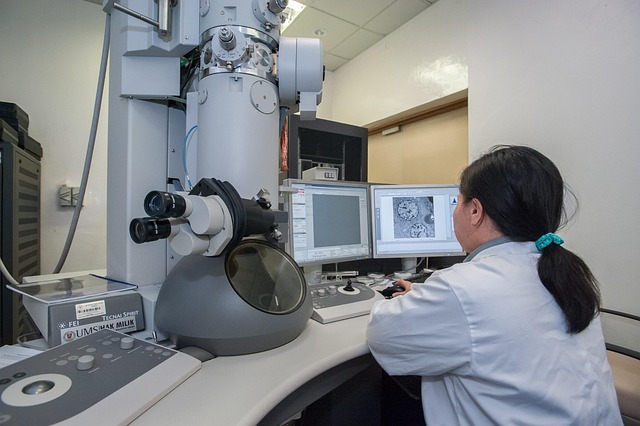In the realm of scientific innovation, the ongoing dialogue between science and modern philosophy creates a rich tapestry for exploration. For centuries, philosophy has served as the bedrock of our understanding, prompting inquiries into the nature of reality, existence, and knowledge itself. Today, this dialogue continues, guiding scientists in their quest for discovery and innovation.
At its core, pragmatic philosophy fosters a mindset that emphasizes practical results over rigid ideologies. This perspective resonates deeply with the scientific community, where the emphasis is placed on experimentation, observation, and results. The pragmatist tradition, with its roots in thinkers like Charles Peirce, William James, and John Dewey, invites us to consider the real-world applications and implications of our inquiries. It challenges us to ask not just “What is?” but “What works?”
When we think about scientific innovation, the pragmatist perspective encourages us to engage in a continuous cycle of inquiry and application. Scientific breakthroughs often emerge not from theoretical musings, but from rigorous testing and observation of the world around us. Take, for example, the advancements in renewable energy. Scientists are not just theorizing about sustainability; they are actively experimenting with solar, wind, and hydro technologies to find the most effective solutions. Their motivations stem from a necessity to address climate change, thus framing their innovations in a context that emphasizes what works for society.
Moreover, the intersection of science and modern philosophy prompts us to challenge the status quo. As we weigh scientific advancements, we must also consider their ethical implications. The pragmatic approach advocates for a balance between innovation and responsibility. Are we pursuing advancements that truly benefit humanity? Are we aware of the potential consequences of our inventions? These questions ground our innovations in a broader philosophical context, highlighting the importance of ethical considerations in the face of progress.
In the spirit of pragmatism, we also recognize the collective nature of scientific endeavor. Innovation is rarely the result of an isolated genius; rather, it thrives on collaboration. The modern scientific community is a vibrant ecosystem where interdisciplinary collaboration is not just encouraged, but essential. Fields such as biology, computer science, and engineering frequently overlap to yield breakthrough innovations that would be unattainable within the confines of a single discipline. This unity speaks to a pragmatic understanding of progress, one that values diverse perspectives and collective efficacy.
Furthermore, as we navigate an era marked by rapid technological advancements, the role of individuals in promoting scientific innovation becomes increasingly critical. The pragmatist philosophy empowers us to take initiative, whether through grassroots movements advocating for science education, participating in local research initiatives, or contributing to public discourse on scientific matters. Each small action can catalyze larger transformations, demonstrating that innovation is not just the purview of scientists in labs, but a shared enterprise among all who seek knowledge and improvement.
Thus, the journey of scientific innovation is intertwined with the philosophical inquiries that guide us. Modern philosophy, particularly through the lens of pragmatism, encourages us to continuously evaluate the purpose behind our scientific endeavors. As we forge ahead, let us remain steadfast in our commitment to innovation that not only advances our understanding but also enriches our collective human experience.




